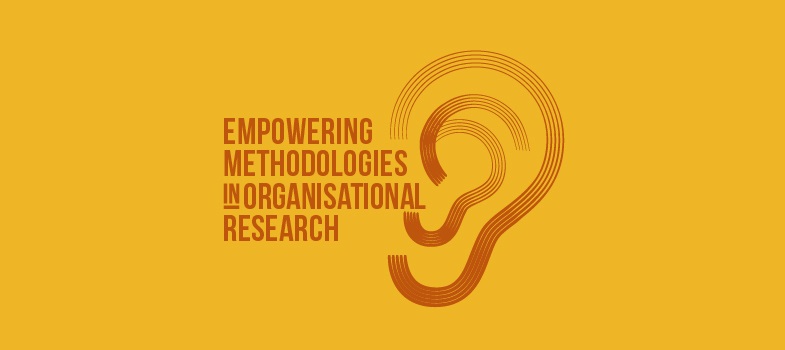Stories from the field
Rohit Shah: learning from the Santal tribe
In the image below, Rohit [Tip: hold Ctrl and click a link to open it in a new tab. (Hide tip)] (a researcher on the project team, on the left) is sharing a meal with research participants. Rohit, who studies in Delhi, travelled twice to visit the Santal tribe, the largest indigenous group in the state of Jharkhand in West Bengal.
Rohit knew from having spoken to tribal elders via telephone before his visits that Santali cultural values are grounded in a deep and longstanding knowledge of working with the land, but that their connections with the land are being eroded through regional development and other progressive practices. So Rohit sought to study the effects of
As for all indigenous and marginalised peoples, the plight of the Santal tribe is to sustain their culture despite powerful political and economic forces, which effectively silence or erase their ways of knowing. What Rohit knew from talking with elders in advance was that whilst new developments were being constructed by the regional government to house and support Santali people, they maintained their ways of being through organisational processes such as working the land in traditional ways and providing culturally appropriate early years schooling and healthcare.
Rohit had prepared some semi-structured interview questions before his first visit, but his inquiry remained broad and open because of his unfamiliarity with the context and the Santali culture. It was, in many ways, a learning experience. The Santali elders showed Rohit how they wish to live their lives, and how new housing developments and other external forces counteract those efforts. Rohit learned from his first visit that Santali people do not necessarily resist new developments, educational opportunities or state-provided healthcare, but feel that those systems do not respect their cultural values and do not treat them as equals to non-indigenous people. Rohit was particularly struck by the experiences of young Santali people who had returned to their families after going away to study.
Rohit therefore arranged a second visit to attempt to understand that situation by interviewing those young people. This involved observing cultural norms of gaining permissions from elders. Rohit learned that many young Santali people have experienced
Rohit’s research illustrates the complex everyday situations that contemporary indigenous peoples face. Their ways of being and knowing, their everyday experiences, and their historical and cultural contexts are difficult to understand for anyone who does not share their culture. Hence, whilst the Santali people were extremely welcoming of Rohit, he could never fully know their true plight. This is why decolonial approaches to research are necessary. The only people who can understand and speak on behalf of the Santali people are the Santali people themselves. Decolonial research is necessary in order to enable indigenous peoples to tell their own stories, speak out about their struggles and develop their own solutions.
Recommended reading
Jack, G., Westwood, R., Srinivas, N. and Sardar, Z. (2011) ‘Deepening, broadening and re-asserting a postcolonial interrogative space in organization studies’, Organization, 18(3): 275–302. Available at: https://pmt-eu.hosted.exlibrisgroup.com/ permalink/ f/ gvehrt/ TN_sage_s10_1177_1350508411398996 (accessed 1 October 2019).
Judd, B. (2014) ‘From Paris to Papunya: postcolonial theory, Australian indigenous studies and “knowing” “the Aborigine”’, in V. Castejon, A. Cole, O. Haag and K. Hughes (eds) Ngapartji Ngapartji – In Turn, In Turn: Ego-histoire, Europe and Indigenous Australia, Canberra, Australia: ANU Press. Available at: https://pmt-eu.hosted.exlibrisgroup.com/ permalink/ f/ gvehrt/ TN_jstor_books_chap_oaj.ctt13wwvhn.15 (accessed 1 October 2019).
Wright, A. (2016) ‘What happens when you tell someone else’s story?’, Meanjin Quarterly, 75(4): 58–76. Available at: https://meanjin.com.au/ essays/ what-happens-when-you-tell-somebody-elses-story/ (accessed 1 October 2019).
Working with marginalised communities and decolonising research
